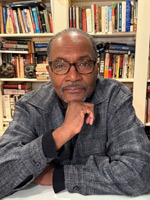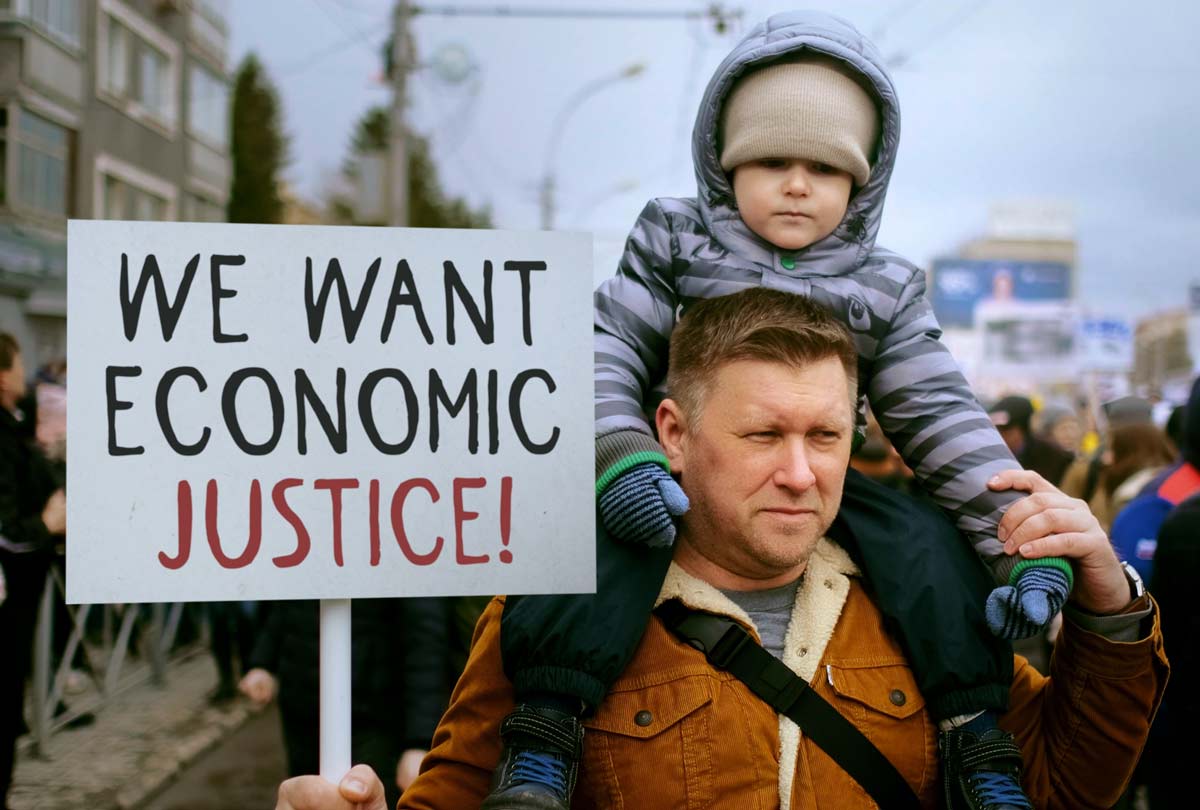By Roger L. Green
As we enter the final days of one of the most consequential political campaigns in New York City’s history, an election the nation and world are watching, voters of African heritage are being called to discern between two distinct visions for our city’s future.
In one corner stands Assemblyman Zohran Mamdani, a young, progressive candidate whose campaign dares us to believe that the wealthiest city in the world can finally govern with compassion and equity. He envisions a New York that provides universal childcare and free bus service for working-class families, the working poor, and those struggling to remain in an increasingly unaffordable city. Mamdani’s message is clear; it is possible to build a city that works for the many, not the few.

In the opposing corner stands a familiar political machine, a tradition of racist demagoguery and economic elitism that sustains the ambitions of former Governor Andrew Cuomo and his allies. This coalition of economic royalists defends the privileges of a “rich and shameless” class that thrives while the majority struggles.
It is a perverse arrangement that allows billionaires to hire Black nannies, travel by limousine between Manhattan and the Hamptons, and live behind the velvet rope of exclusivity, while working families pay over $2,200 a month for child care and face rising transportation costs. And still, we are told “don’t tax the rich.”.
To confront this widening divide, Mamdani urges us to embrace a progressive imagination. He proposes a fair and moral tax structure, one that asks New York’s wealthiest residents, who control more than 60 percent of the nation’s wealth, to contribute their share.
The resources gained would support programs that lift those being crushed by the city’s affordability crisis.
Andrew Cuomo, by contrast, remains a servant of the donor class, the same class that bankrolls candidates to protect an inequitable status quo. He has perfected a transactional politics that rewards opportunism and insulates billionaires while communities of African heritage are displaced from once-affordable neighborhoods.
This alliance of economic royalists has grown more brazen. When billionaire Bill Ackman, an unbending supporter of Donald Trump, wired $1 million to support racist ads benefiting Cuomo’s campaign, the moral contrast could not have been clearer.
Ackman earns roughly $110 million per day; the median daily income for a New Yorker of African heritage is $145.
Sensing that voters are rejecting the old politics of privilege, Cuomo has resorted to the ugliest form of campaigning; fear and prejudice. On October 23, 2025, during an interview with radio host Sid Rosenberg, a known Islamophobe, Cuomo was asked, “God forbid, another 9/11, can you imagine Mamdani in the seat?” Rosenberg added, “He’d be cheering.” Cuomo laughed and replied, “That’s another problem.”
Such rhetoric dishonors the office he once held and the moral legacy of his father, Governor Mario Cuomo, with whom I had the privilege to serve during my 26 years in the New York State Assembly. Mario Cuomo possessed a moral compass; Andrew Cuomo, by contrast, is a transactional operative driven by power and ambition, not purpose or justice.
Andrew Cuomo’s mindset mirrors a disoriented Democratic Party, too often willing to elevate opportunists over visionaries. This feeble posture has made New York less livable and less affordable for working people, especially for African-Diasporic residents whose neighborhoods now bear the brunt of gentrification, displacement, and exclusionary economics.
In stark contrast, on October 14, 2025, the Coalition for a Democratic and Just New York presented Assemblyman Mamdani with a comprehensive policy framework rooted in community empowerment and democratic self-governance. In a thoughtful dialogue, Mamdani and his team embraced the coalition’s principles, pledging to co-create policies that transmit real power to the people and institutions serving African-Diasporic communities.
It was a conversation grounded in mutual respect and shared purpose, not political opportunism.
The question before us on November 4 is therefore not simply who will be mayor; it is whether New York City will continue to serve the comfort of the few or the dignity of the many. Will we remain hostage to the economic royalists and political opportunists who created our present crisis, or will we summon the courage to chart a new course toward justice and shared prosperity?
In the tradition of our ancestors, we must unleash our best instincts, to think critically, act collectively, and apply conditional yet committed support to a Mamdani administration that honors our communities’ needs and aspirations.
The time for passive politics is over; the time for moral courage has arrived. The choice is clear; Mamdani or the Economic Royalists.
